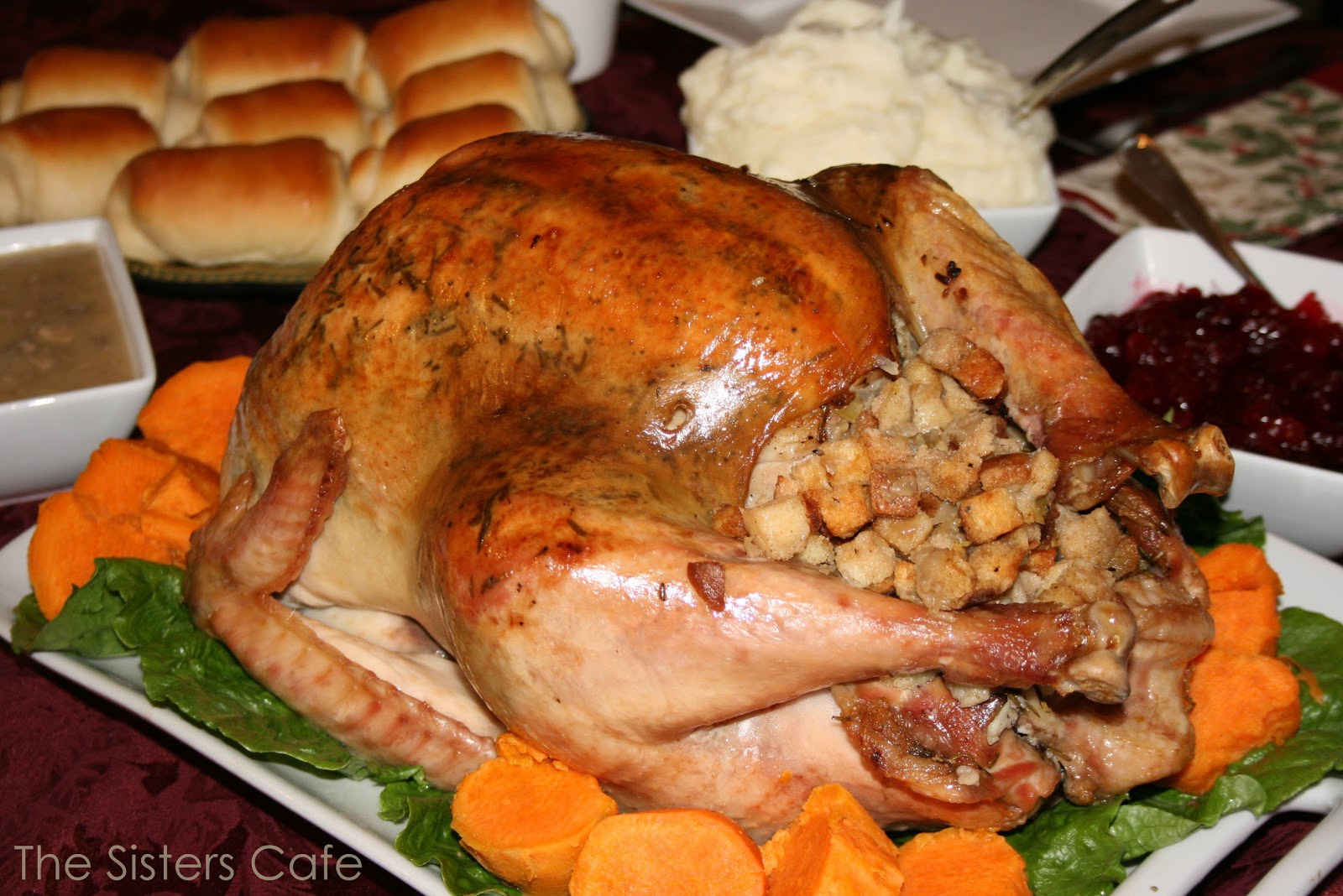 What comes to mind when you think of Thanksgiving? A table laden with turkey, dressing, and pumpkin pie? A break from work or school? Family gathered from far and near? Football? Black Friday sales?
What comes to mind when you think of Thanksgiving? A table laden with turkey, dressing, and pumpkin pie? A break from work or school? Family gathered from far and near? Football? Black Friday sales?
Many traditions make Thanksgiving special and memorable. However, we might also think of our history. In 1621, Governor Bradford declared a day to offer thanks for good crops and invited an Indian tribe to join the settlers for a three-day feast and games.
The second recorded American Thanksgiving, in 1623, actually began as a time of prayer and fasting. The settlers set aside a day to pray and fast because they desperately needed rain. While they were praying, a gentle rain began to fall. Prayer time turned into an impromptu time of giving thanks.
Do you know of anyone who thinks of fasting in connection with Thanksgiving? After all, it is part of our history of the holiday.
Although various colonies celebrated harvest festivals, it was not until 1777 that all 13 colonies celebrated at the same time. In 1789, George Washington was the first president to declare a Day of Thanksgiving. However, it did not continue to be an annual celebration.
Finally, in 1863 Abraham Lincoln gave a proclamation, declaring a Day of Thanksgiving. He thought it might help to unite a divided nation. Since then, Thanksgiving has been proclaimed a holiday by every president.
(Did you think of bringing unity as a goal of celebrating Thanksgiving?)
About a month ago, I read a couple of articles that got me to thinking about this particular holiday. They were both about depression. Yes, depression—as unlikely as that seems.
One article suggested that one way to combat depression is to write in a notebook every morning, listing five things you’re grateful for—just five things, every morning. Evidently, practicing gratefulness helps change the mindset from a disheartened viewpoint to having a positive, hopeful outlook on life.
Another article suggested that throughout the day, if you feel down, to stop and think of three things that you are grateful for. It’s difficult to stay down or depressed while feeling grateful. As you focus on the positive—the things you’re thankful for—it drives out the doldrums.
I often get so busy just keeping up with life that I forget to be grateful. After reading those articles, I decided it was a good thing that we celebrate Thanksgiving so we will be reminded to be grateful.
But then I wondered if we get so busy with our traditions that we sometimes forget to give thanks on Thanksgiving. When asked what comes to mind when you think of Thanksgiving, do you think of giving thanks?
No other holiday spells out what it is all about—“Thanks-giving”—but we hear it as a noun, a name, a holiday—not an action. What would happen if we responded to the verb in the holiday? What if we celebrated by giving thanks?
Even in the worst circumstances, there are things to be grateful for. When we take our eyes off the problems and focus on the positive, it lifts our spirits and makes the trial easier to bear.
When we go a step further and voice appreciation to those around us for blessing us, it encourages them and makes their lives easier—and brighter.
Relationships are often restored when words of appreciation are spoken. I don’t know whether the holiday brought unity between the North and South in Lincoln’s day, but today, like then, our nation–and the world–is experiencing divisions and tensions on several fronts (political, ideological, racial, and cultural, for example). Wouldn’t it be a blessing if divisions were healed through expressions of gratefulness that cross the divides?
Family gatherings, turkey feasts, parades, and ballgames soon pass. However, if we celebrate Thanksgiving with an attitude of gratitude, it could make a positive difference that would have lasting effect—in lives of others as well as ourselves.
In George Washington’s words, Thanksgiving was to be “a day of public thanksgiving and prayer, to be observed by acknowledging with grateful hearts the many and signal favors of Almighty God.”
What would it take to keep that thanks-giving tradition alive? How much more impact would it have to make it a habit that lasts throughout the year?
May you and those you love be blessed as you celebrate Thanks-giving this year!